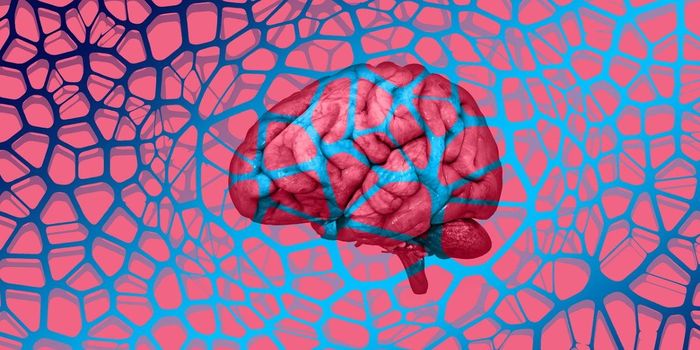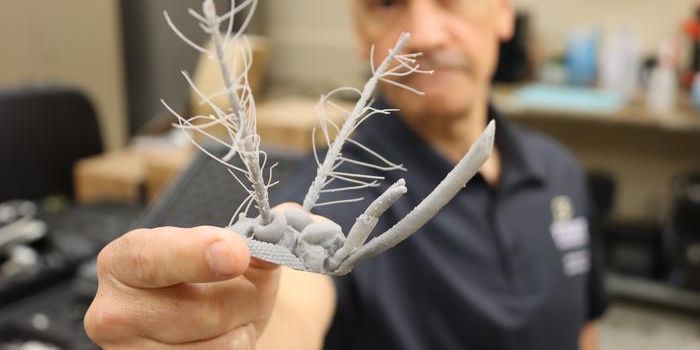New Robots Could Help People with Dementia Find Lost Items
Dementia is a debilitating condition. Although not a specific condition per se, it does refer to several conditions that can affect different areas of the brain. The result can be memory loss, impaired cognition and judgement, and other conditions that can affect a person’s ability to function on a daily basis. Unfortunately, dimension affects nearly 6 million U.S. adults.
A team of researchers at the University of Waterloo have come up with a solution to help address one of the more frustrating aspects of dementia: memory loss. In fact, because losing important things, such as glasses or keys, is very common among people with dementia, researchers were looking for a way to help improve the quality of life for people struggling with dementia and their caregivers. The answer? Robots that can help a person with dementia locate a lost object. Researchers describe their robotic approach in a recent paper presented at the 2023 ACM/IEEE International Conference on Human-Robot Interaction.
The robot is built using a Fetch mobile device, which provides a camera that the robot can use to observe its surroundings. The robot itself is programmed using and object-detection algorithm. With this approach, the robot is able to detect and track objects that come into its view, noting specific dates and times that an object was spotted. In a sense, the robot is has a type of episodic memory that allows it to remember things, including what objects were in a certain area and when.
To make the robot more useful to a human, the bot has a built-in interface that allows a human to record specific items they might want to the robot to keep track of. Then, a user can simply use the interface to ask the robot to locate a specific item. With the help of a caregiver, researchers believe this technology could be incredibly useful for people with dementia without being overwhelming.
In the future, researchers hope their technology could be used for people without dementia as well. The team plans to conduct studies using the technology with people without disabilities before testing with people with dementia.
Sources: Science Daily; International Conference on Human-Robot Interaction








